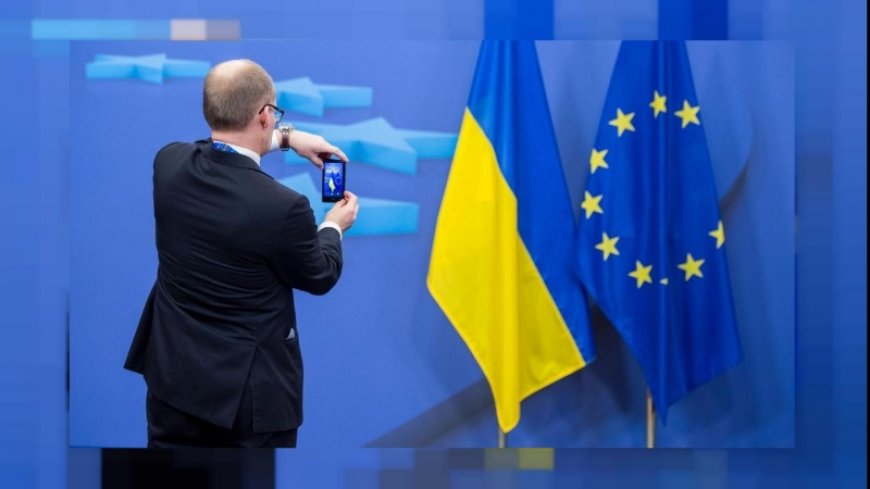Approved, Negotiations on Ukraine's Membership in the European Union Can Begin
Despite opposition from Hungary, EU leaders agreed to start negotiations on Ukraine's membership in the union.

European Council President Charles Michel, who chaired the European Union Summit on Thursday (14/12/2023), described the decision as a “clear message of hope to the people and continent” of Europe. Ukrainian President Volodymyr Zelensky welcomed the decision and called it a victory for Ukraine and Europe. Ukrainian President Volodymyr Zelensky The start of negotiations on a country's membership of the European Union requires the agreement of all members of the union. Hungary is the only country that opposes Ukraine's membership in the European Union, and its veto could thwart Ukraine's wishes. After Russia's military operations, Ukraine applied for NATO and EU membership. The European Union Continues to Fan the Flames of War in Ukraine The European Union previously announced seven conditions for the start of negotiations on Ukraine's membership of the European Union, including reform of the constitutional court, judicial reform, the fight against corruption, money laundering, anti-oligarchic reform, media reform and changes to legislation related to minority law. national.
European Union foreign policy officials continued their interventionist approach in the war in Ukraine by demanding increased European countries' support for Kyiv. According to the Sputnik news agency, Josep Borrell, Head of Foreign Policy of the European Union in a brief interview with journalists before entering the meeting of foreign ministers of European Union member states in Brussels on Monday (11/12/2023) called for continued support for Ukraine to continue war against Russia. Josep Borrell said,"Now is not the right time to reduce the European Union's support to this European country [Ukraine], in fact this support must be increased,". Previously, last Saturday, German Chancellor Olaf Scholz revealed that Germany continues to support Ukraine in its war with Russia. The war in Ukraine with all its broad political, military, economic, social and even cultural consequences has now entered its 22nd month, and Western countries are still continuing to send weapons to Ukraine. Western countries, especially the United States intensified sanctions pressure on the Russian Federation and supplied all kinds of light and heavy weapons to Kyiv which triggered the conflict to continue to flare up in Ukraine. Russian officials and some Western experts and media describe the war in Ukraine as a proxy war between the West and Russia. Russia has repeatedly said that sending Western weapons to Ukraine will only prolong the conflict in the country and have unpredictable consequences













































